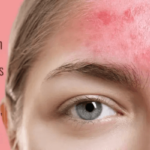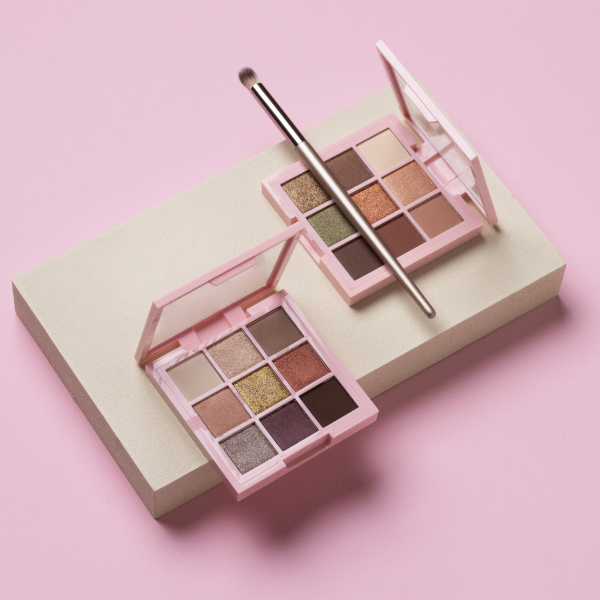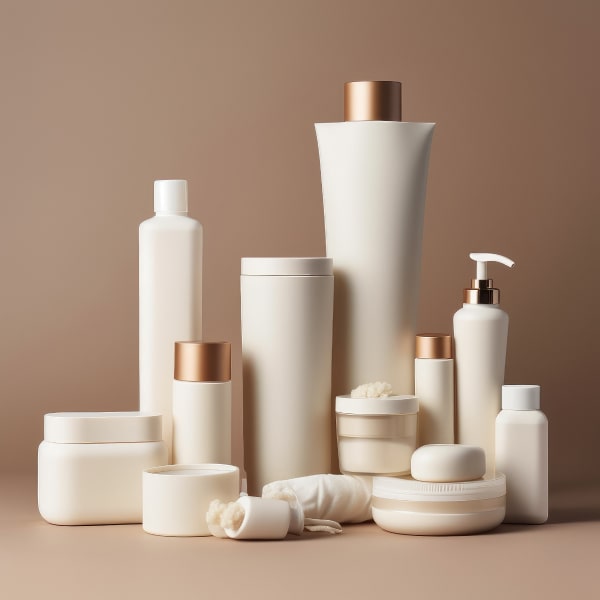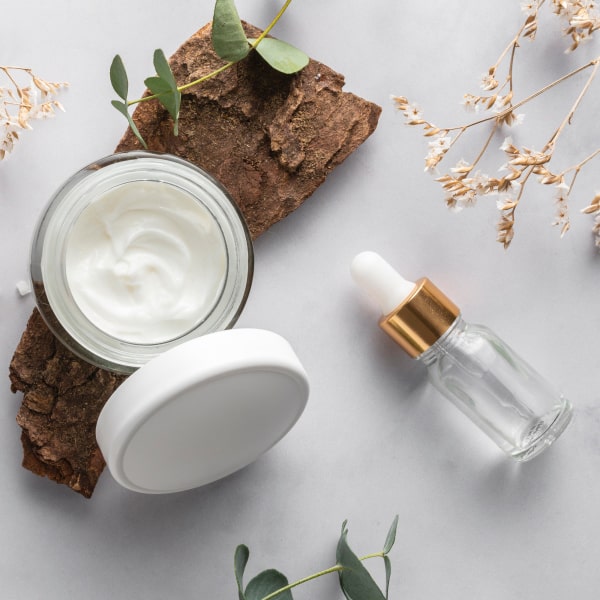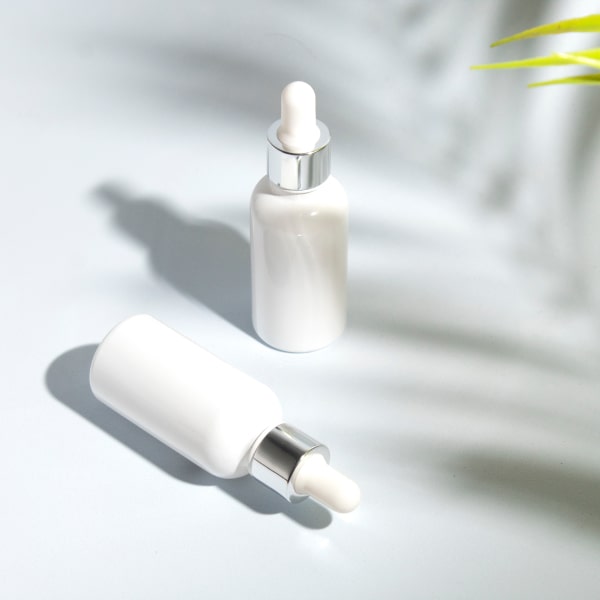Use warm water to clean
Although hot water can soothe your skin, it will strip your skin of its natural oils, leading to dryness and irritation. Warm water is gentler on your skin, helping to maintain its natural moisture balance while effectively removing dirt and impurities.
Double cleanse at night
Double cleanse involves using an oil-based cleanser followed by a water-based cleanser. This method ensures that all makeup, sunscreen and impurities are thoroughly removed, allowing your skin to breathe and better absorb subsequent skin care products.
Pat gently, don’t rub, skin will dry
After washing your face, dry your skin gently with a soft towel instead of rubbing. Friction can cause irritation and micro-tears, especially on sensitive or acne-prone skin. Patting gently helps your skin calm down and become less irritated.
Incorporate a humidifier
Using a humidifier, especially during the dry winter months, can significantly improve your skin’s hydration levels. It adds moisture to the air, keeping your skin from drying out and peeling.
Don’t forget your neck and hands
Your neck and hands are often exposed to the same environmental stressors as your face but are often overlooked in your skin care routine. Apply skin care products liberally, especially sunscreen and moisturizer, to these areas to prevent premature aging.
Don’t forget your neck and hands
Your pillowcase can accumulate oils, bacteria and hair product residue, which can transfer to your skin and cause acne. Changing your pillowcase at least once a week helps maintain a cleaner surface for your skin.
Layer products from lightest to heaviest
For optimal absorption and effectiveness, apply your skin care products from lightest to heaviest consistency. Start with serums and essences, followed by lotions, creams and finally oils.
Consider using silk pillowcases
Silk pillowcases create less friction against the skin than cotton pillowcases, reducing the risk of irritation and wrinkles. They are also less absorbent, helping to keep skin care products on the face instead of being absorbed by the fabric.
Avoid touching your face
Frequent touching of your face can transfer bacteria, oils and dirt from your hands to your skin, leading to rashes and irritation. Be aware of this habit and try to keep it out of your face as much as possible.
Invest in a good diet
While topical skin care is important, what you put into your body also affects your skin. A diet rich in antioxidants, healthy fats, and vitamins can promote glowing skin. Foods like berries, nuts, fish and green leafy vegetables can provide essential nutrients that support skin health from the inside out.


